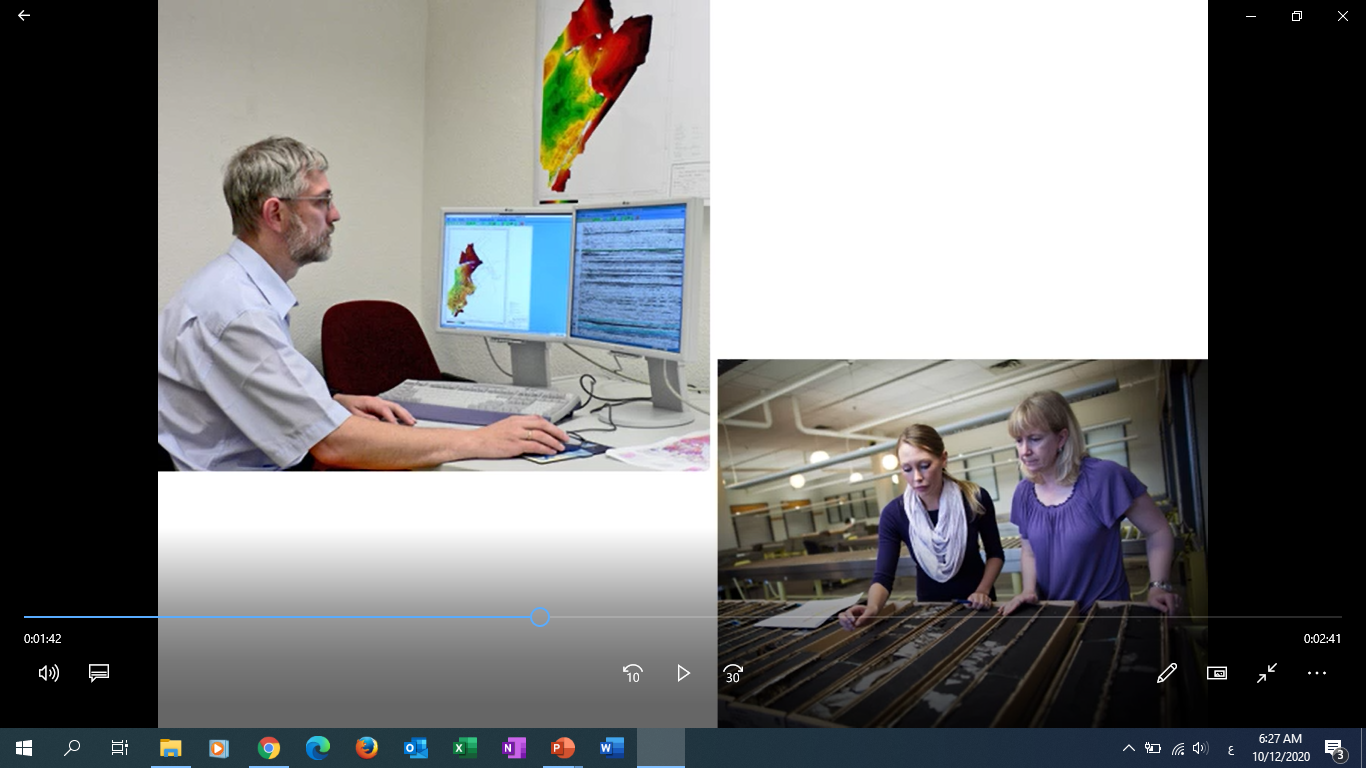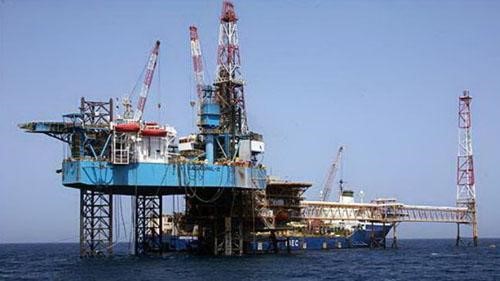Program Objectives
The program at undergraduate level is offered over a four-year period and provides basic knowledge and skills in earth sciences and chemistry. The program aims to supplement a broad background of geological and chemistry knowledge with skills transferrable to the working world or scientific investigation.
By the end of this program, the student should be able to:
1. Demonstrate a wide range of integrated knowledge related to different branches of chemistry and geology.
2. Employ concepts and theories of chemistry to interpret geological processes taking place in and on the Earth.
3. Employ effectively the principles, procedures and techniques used in the chemical and geological investigations in accordance with the safety regulations and good practices in the laboratory and the field.
Program features
Knowledge and Understanding
At the end of the program the geology/chemistry graduates must acquire knowledge and understanding of:
1. The related basic scientific facts, concepts, principles and techniques of chemistry, biology and physics.
2. The relevant mathematical theories and their applications.
3. The physical and chemical processes and mechanisms supporting the structure and function of the specific topics.
4. The related terminology, nomenclature and classification systems in biological sciences.
5. The physical and mathematical theories and methods applied for interpreting and analyzing data related to discipline.
6. The developmental progress of the program-related scientific knowledge.
7. The relation between the studied topics and the environment.
Also to be able to:
8. Demonstrate integrated knowledge and comprehension of the theories, facts, concepts, fundamentals and techniques related to the fields of chemistry and geology.
9. Employ mathematics, physics, and other collateral subjects in order to understand the major processes of chemistry and geology.
10. Exhibit familiarity with the principles and procedures used in chemical analyses as well as in characterization and structural investigation of compounds.
11. Develop coherent knowledge of the physical, chemical and biological processes operating on and within the Earth.
12. Enumerate the structure and composition of the Earth and other planets and the history of the Earth over geological timescales.
13. Demonstrate familiarity and comprehension of classification systems used for animals and plants and the chemical processes causing their fossilization.
14. Enumerate the concepts of bio-diversity and maintaining of natural resources.
Intellectual Skills
The graduates must be able to:
1. Postulate and deduce mechanisms and procedures to handle scientific problems.
2. Construct several related and integrated information to confirm, make evidence and test hypotheses.
Also to be able to:
3. Discuss subject-related theories and assess their concepts and principles.
4. Analyze, evaluate and interpret qualitative and quantitative scientific data relevant to various subjects of chemistry and geology.
5. Develop lines of argument and appropriate judgment in accordance with scientific theories and concepts in the area of study.
6. Develop an integrated and systematic understanding of the present and past interactions between the processes operating in the Earth's core, mantle, crust, crysosphere, hydrosphere, atmosphere and biosphere.
7. Monitor and manage natural and human-induced environmental changes and evaluate the implications of the sustainable development.
8. Combine and construct integrated information to choose optimum solutions for geological problems based on critical thinking.
9. Analyze and interpret quantitative data from maps, graphs, figures, tables and other sources of information.
Skills
Professional and Practical Skills
The graduates must be able to:
1. Plan, design, process and report on the investigated data, using appropriate techniques and considering scientific guidance.
2. Apply techniques and tools considering scientific ethics.
3. Solve problems using a range of formats and approaches.
4. Identify and criticize the different methods used in addressing subject related issues.
5. Plan and conduct investigations using appropriate techniques and write structural reports on the data in accordance with the standard scientific guide lines.
6. Handle chemical materials and geological samples safely and conduct risk assessments taking into account their physical and chemical properties to avoid hazards associated with their use.
7. Employ recent laboratory equipement and procedures used in standard experimental applications in chemistry and geology in accordance with ethical guidelines.
8. Monitor, by observation and measurement, chemical properties, event or changes followed by systematic and reliable recording and documentation thereof.
9. Apply mathematical and computational tools to analyse and interpret experimental data in terms of theories relevant to chemistry and geology.
10. Apply the geographical information system (GIS) in interpreting the different geological phenomena.
11. Apply exploration and exploitation strategies for natural resources such as hydrocarbons, mineral and water.
General and Transferable Skills
The graduates must be able to:
1. Use information and communication technology effectively.
2. Identify roles and responsibilities, and their performing manner.
3. Think independently, set tasks and solve problems on scientific basis.
4. Work in groups effectively; manage time, collaborate and communicate with others positively.
5. Consider community linked problems, ethics and traditions.
6. Acquire self- and long life–learning.
7. Apply scientific models, systems, and tools effectively.
8. Deal with scientific patents considering property right.
9. Exhibit the sense of beauty and neatness.
Academic Reference Standards
The academic reference standards for geology-chemistry programs are adopted from the National Academic Reference Standards (NARS).
The academic reference standards represent general expectations about the standards for the award of qualifications at a given level and articulate the attributes and capabilities that those possessing such qualifications should be able to demonstrate.
Benchmarks
The bench marks for geology–chmesitry program are NARS for geology program and geology–chemistry program.
Program Structure
work fields
First: Oil and Gas Fields:
1. Petroleum and natural gas exploration companies.
2. Petroleum service companies.
 |
 |
Second: Mining and Industry Fields:
1. Mining and quarrying companies.
2. Cement companies.
3. Companies manufacturing ceramics, porcelain, and ornamental stones
 |
 |
Third: the field of engineering geology
1. Engineering consulting companies.
2. Fields of real estate construction in the new urban communities.
3. Road, bridge, and tunnel construction companies
 |
 |
Fourth: Groundwater field
Search and exploration companies for groundwater and drilling wells.

So are the national bodies
The Egyptian General Authority for Mineral Resources.
National Authority for Remote Sensing and Space Sciences.
Groundwater Research Institute.

In addition to research organizations such as:
Nuclear Materials Authority.
Desert Research Centre.
Petroleum Research Institute.
National Research Center.
Environmental Affairs Agency.
 |
 |


.svg)
